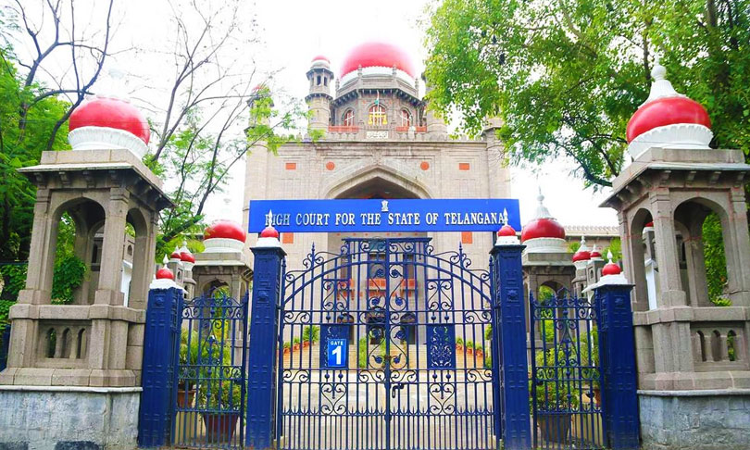The Telangana High Court has held that deductions cannot be availed on expenditures incurred for overseeing the project of holding a company.The bench of Justice P. Sam Koshy and Justice Laxmi Narayana Alishetty has observed that, as per Section 37 of the Income Tax Act, 1961, the prerequisites for allowing deduction are that the expenditure should have been incurred in respect of a...

